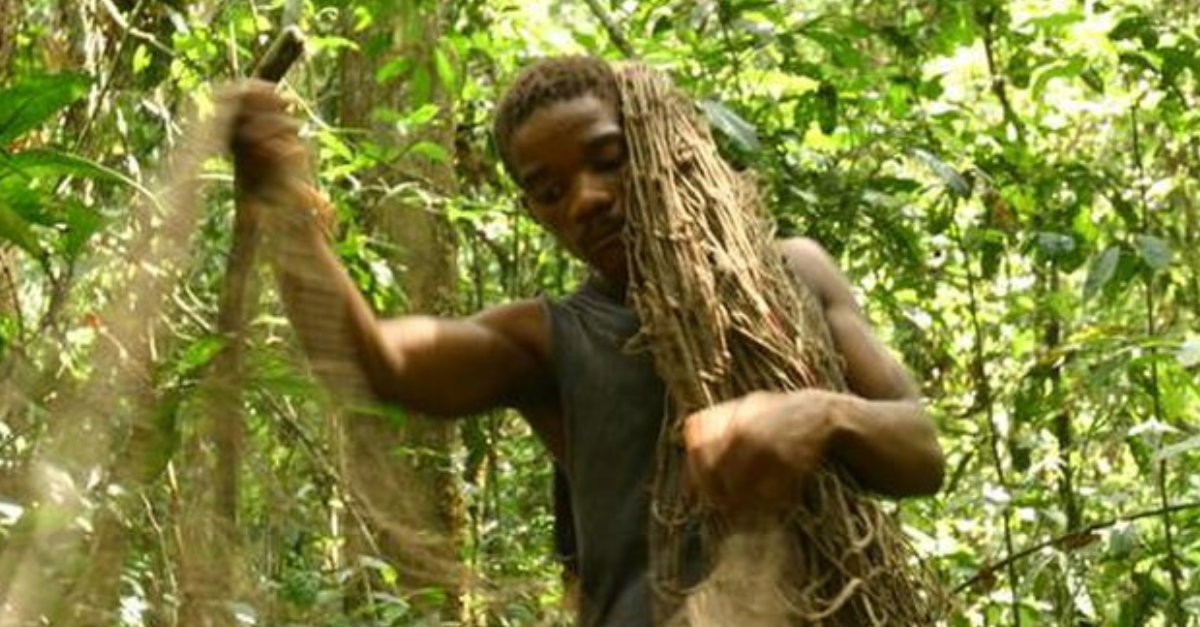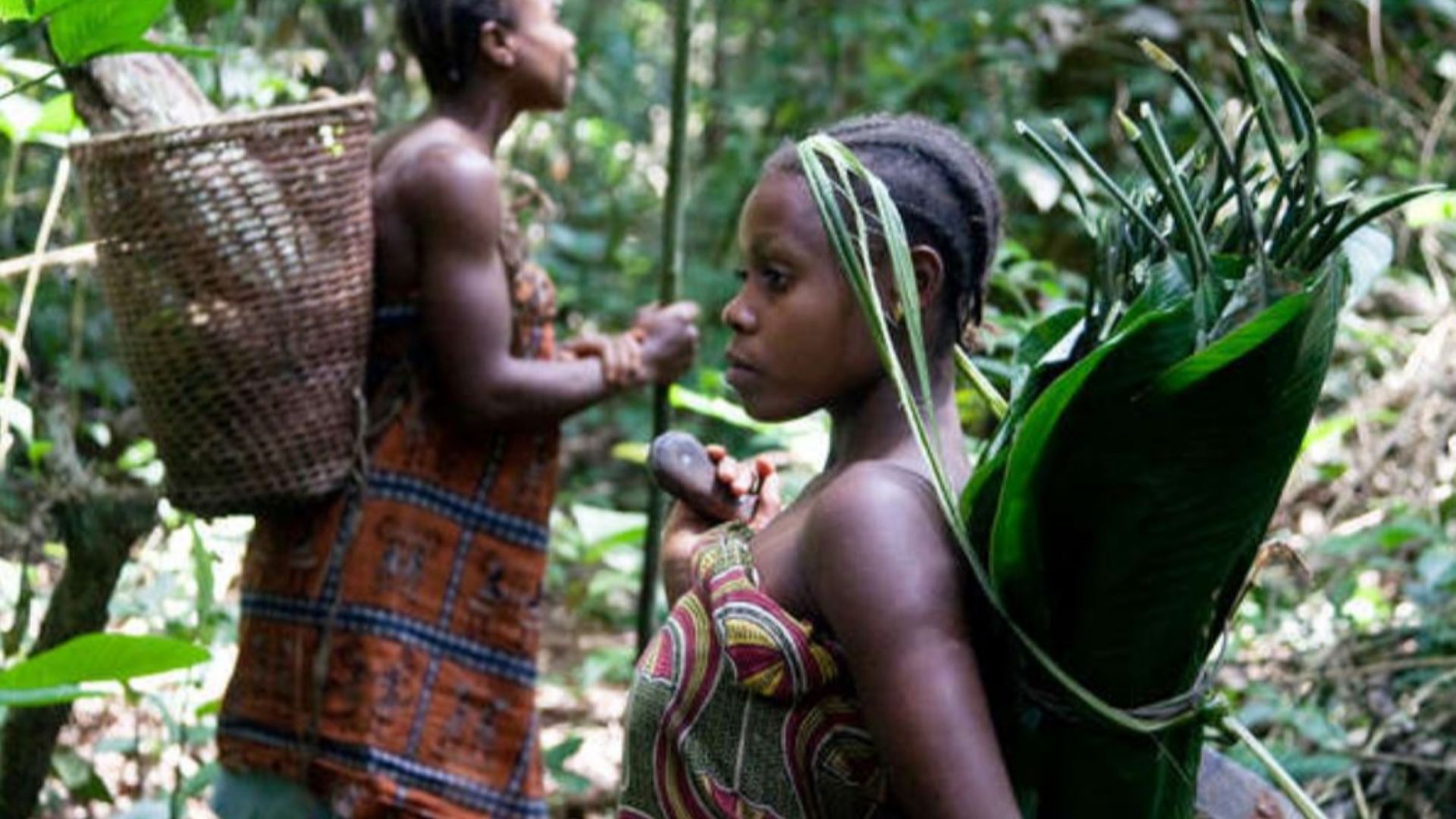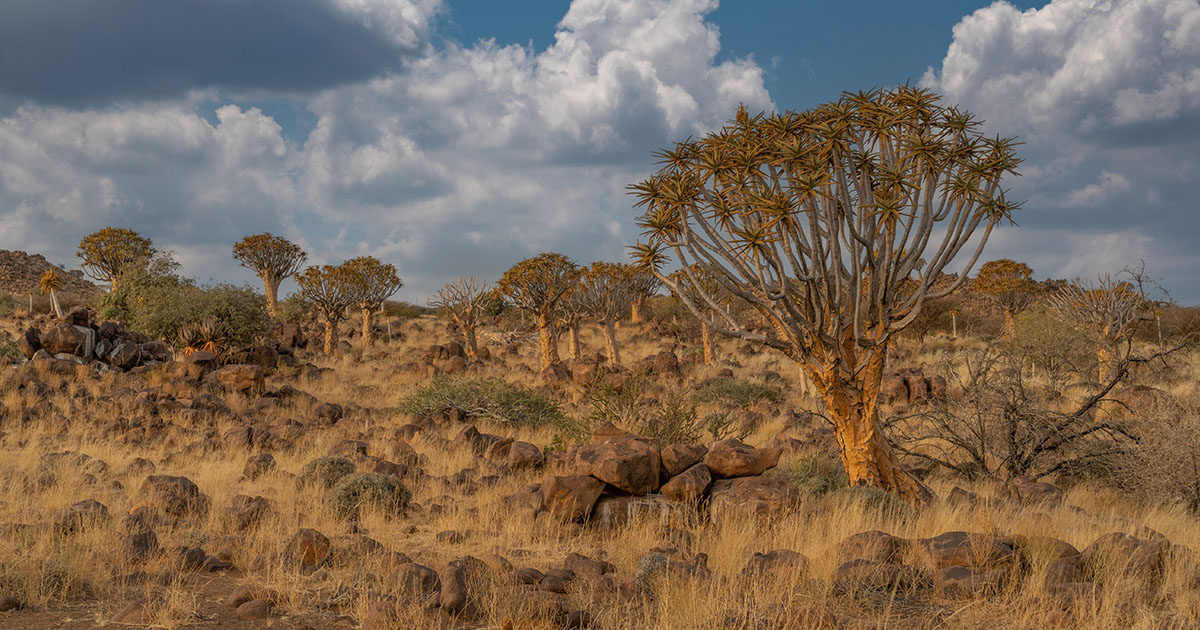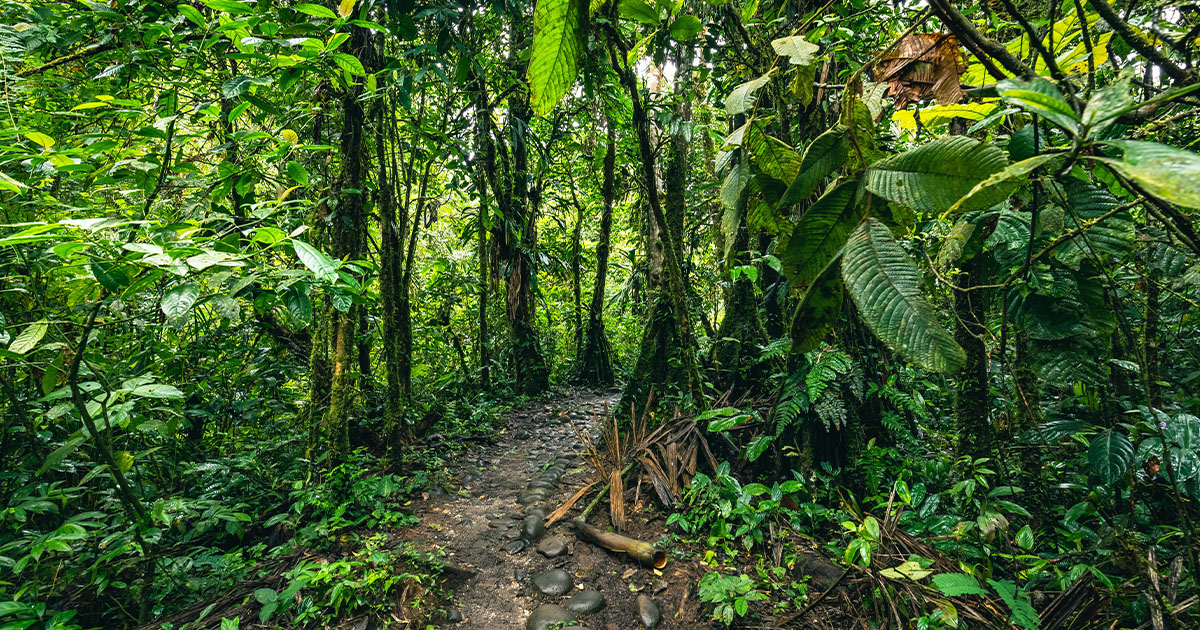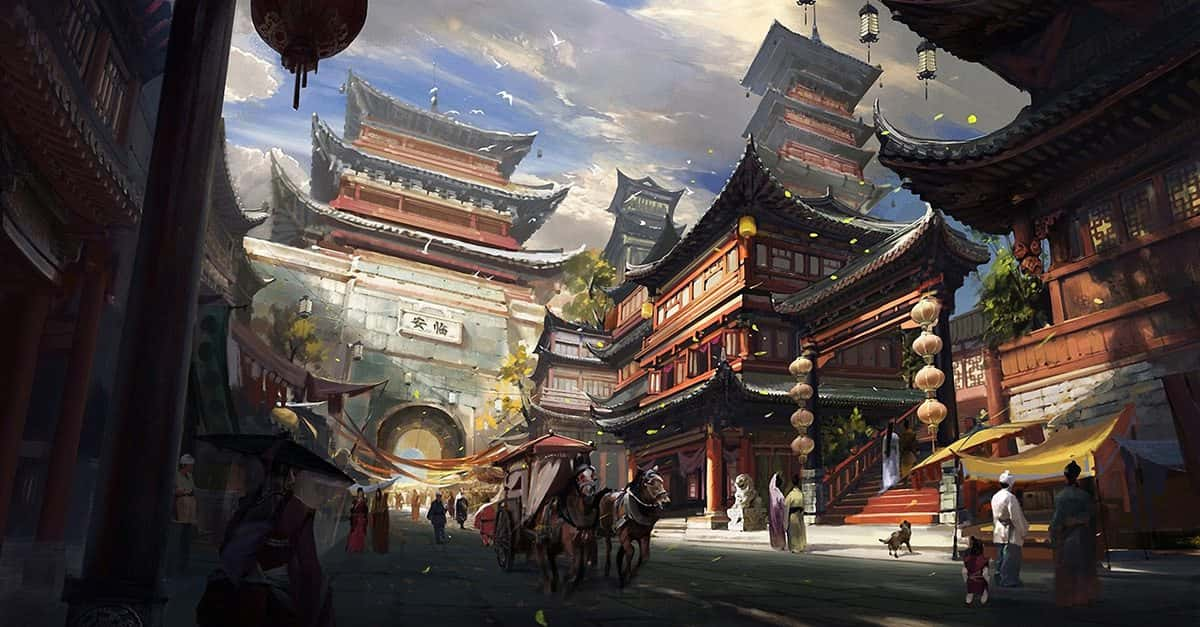Divine Nature
For what many researchers believe to be thousands of years, the Mbuti people have lived deep in the rainforests of the Congo. For them, the forest is more than home—it’s their god, the essence of their very existence. Let’s dive right into the mysterious world of the Mbuti.
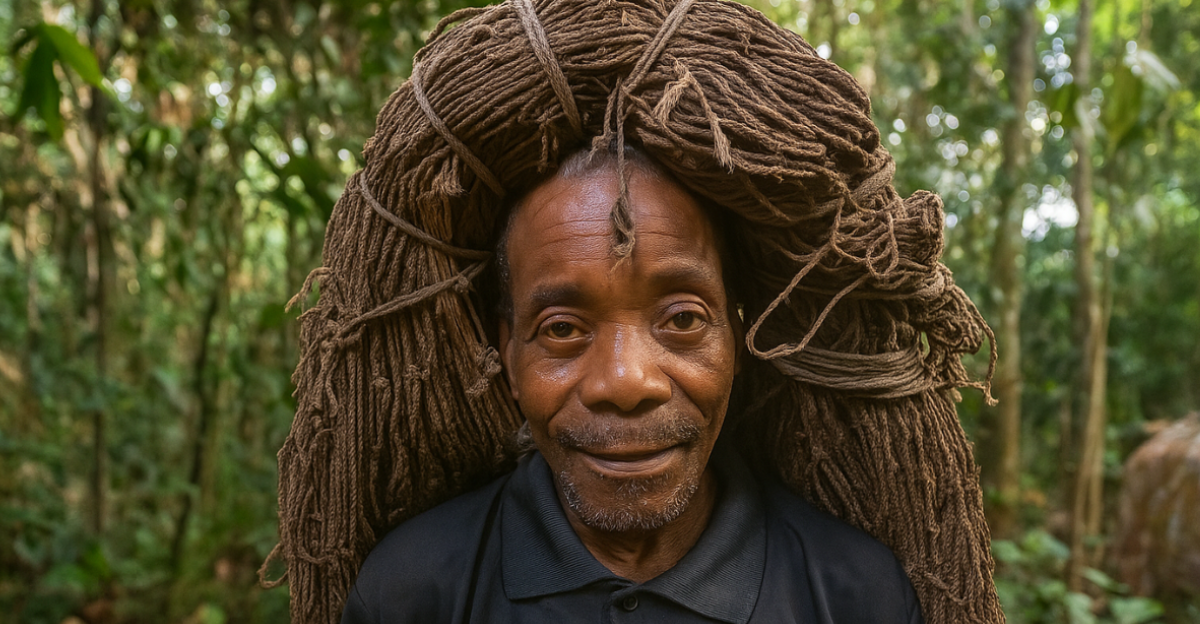
The Oldest People Of The Congo
The Mbuti have been living in the Congo rainforest for thousands of years. While the world outside has changed a lot, their way of life has stayed surprisingly close to what it always was. They believe the forest has always been—and will always be—the center of their lives.
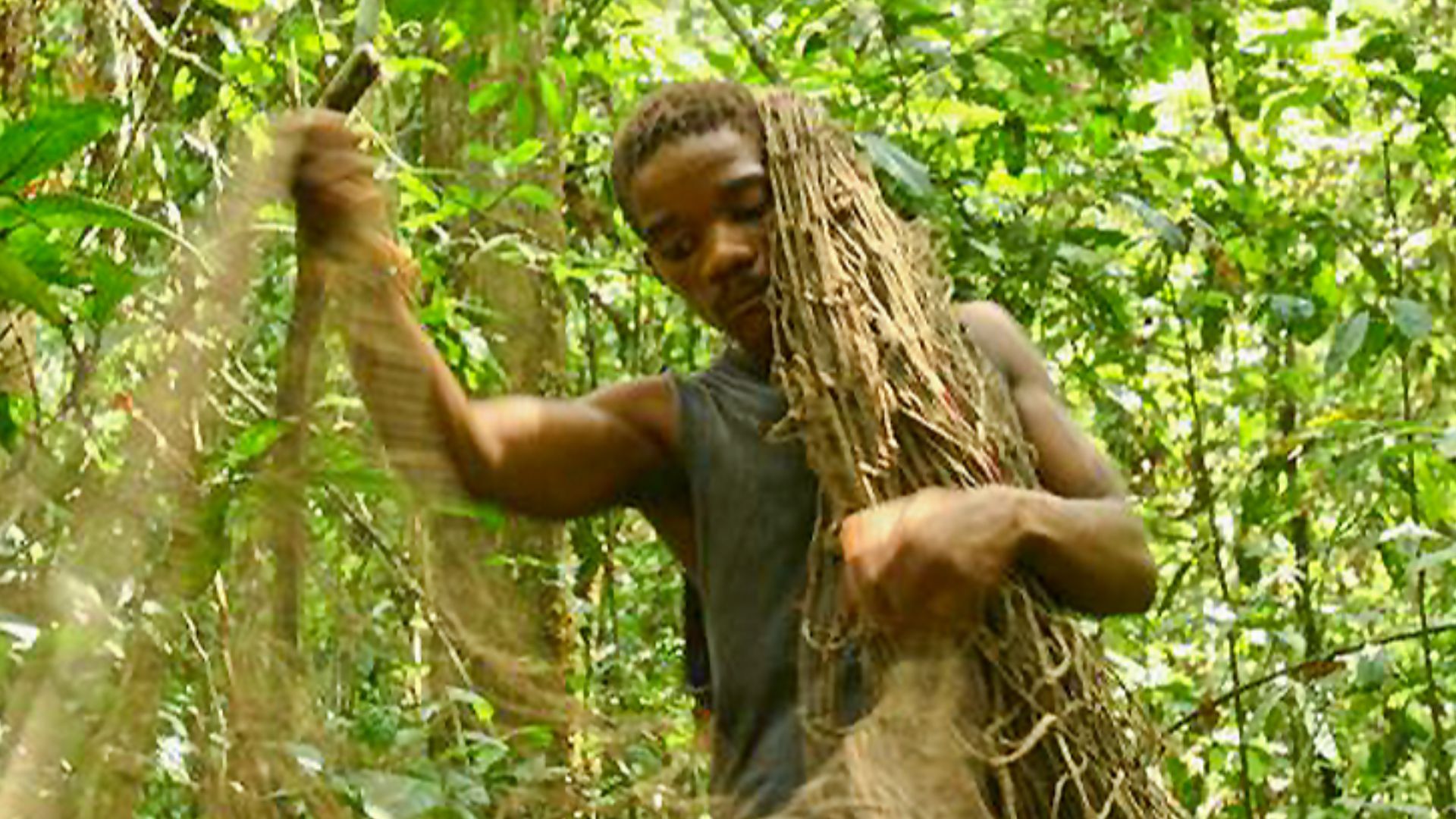 Radio Okapi, Wikimedia Commons
Radio Okapi, Wikimedia Commons
Tiny But Tight Communities
Instead of big towns, the Mbuti live in small groups, usually between 15 and 60 people. Everyone knows each other, and survival depends on working together. Living in such small circles keeps their bonds strong.
Tens Of Thousands Call The Forest Home
Altogether, about 30,000 to 40,000 Mbuti people still live in the Congo. That might not sound like much compared to a modern city, but in the rainforest, it’s a thriving community.
 Martin Johnson (1884–1937), Wikimedia Commons
Martin Johnson (1884–1937), Wikimedia Commons
Three Unique Subgroups
The Mbuti are made up of three smaller subgroups, the Sua, Efé, and Asua. The languages between the subgroups are different, but they all align on their culture and worship of the forest.
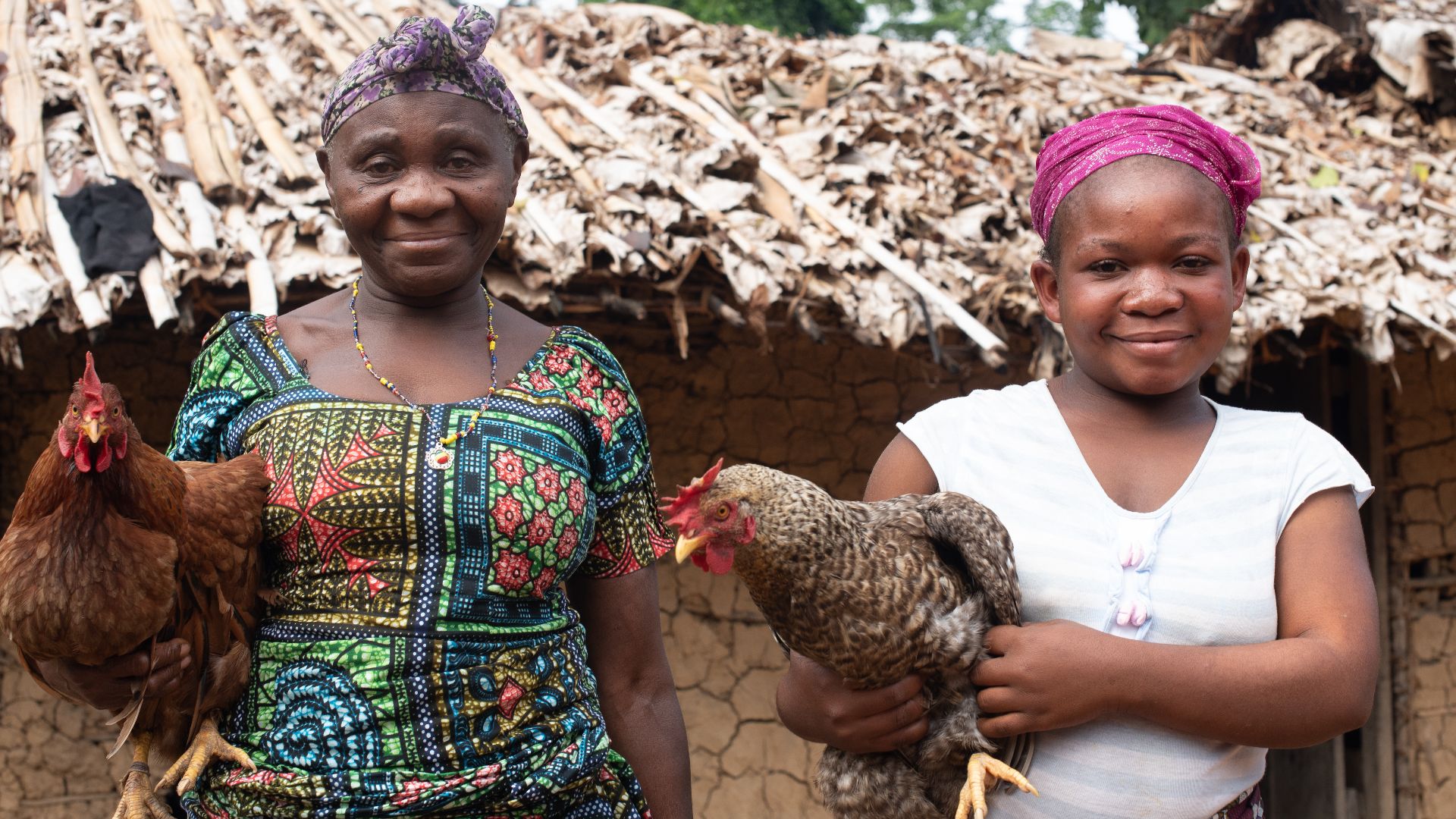 Garry Walsh / Trócaire, Wikimedia Commons
Garry Walsh / Trócaire, Wikimedia Commons
Life Inside The Ituri Rainforest
Their home, the Ituri rainforest, stretches across a dense tangle of jungle and rivers in the Democratic Republic of Congo. The weather is generally wet and humid, and the forest is home to an abundance of wildlife. While filled with plenty of provision, it also presents its challenges.
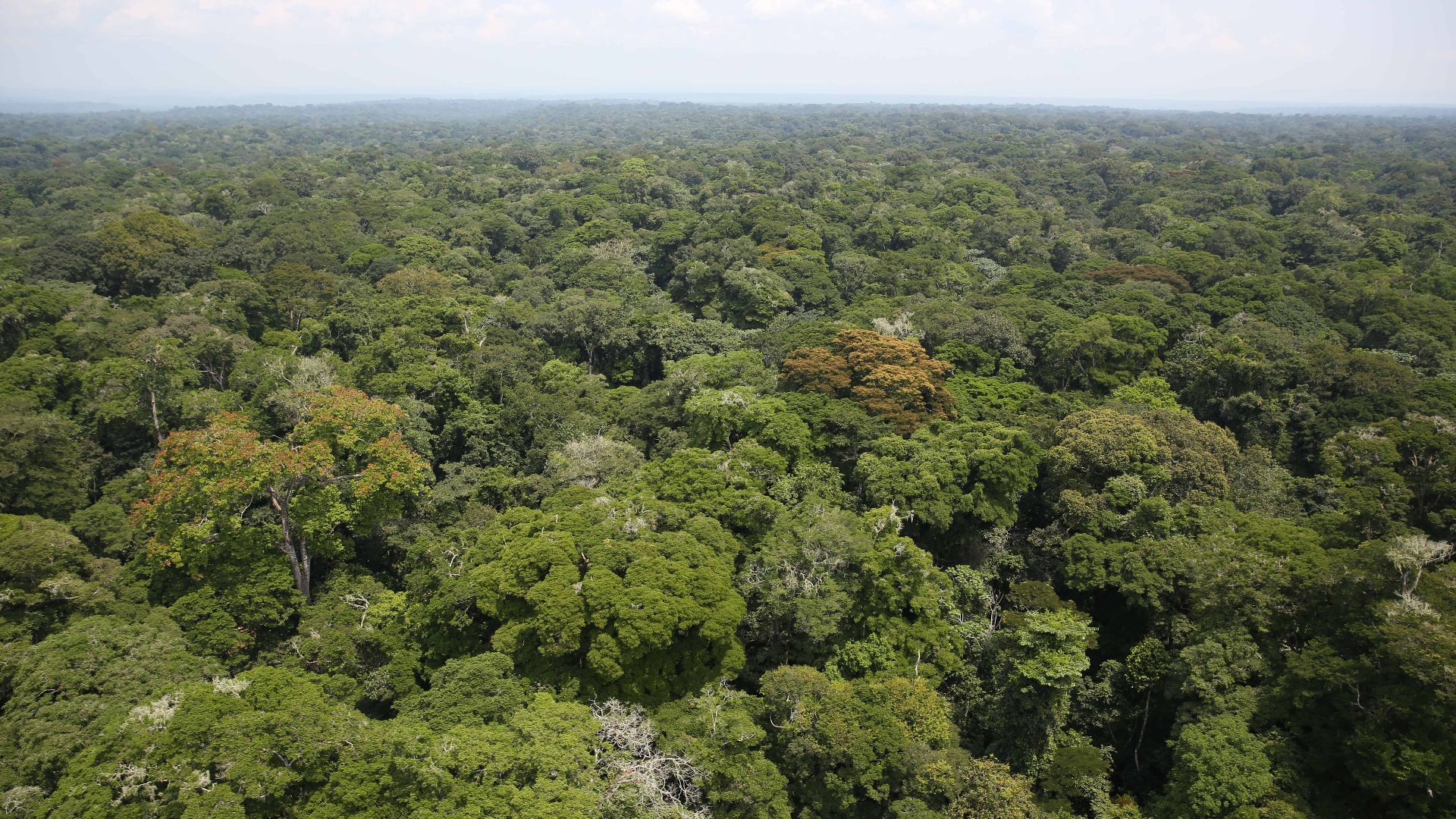 MONUSCO Photos, Wikimedia Commons
MONUSCO Photos, Wikimedia Commons
The Forest Is Family
The Mbuti actually consider the forest to be their parent. They call it “mother” or “father” depending on how they feel. It feeds them, shelters them, and keeps them safe—which is why they worship it.
 Mbuti Pygmy International Day of the World's Indigenous Peoples Traditional Dance, OkapiConservation
Mbuti Pygmy International Day of the World's Indigenous Peoples Traditional Dance, OkapiConservation
Camps Instead Of Cities
The Mbuti don’t build permanent villages. Instead, they set up temporary camps inside the forest, especially during the dry season. Moving around lets them use different parts of the land and gather food more effectively.
 Mbuti Pygmies of the Rainforest, Michael Skinner
Mbuti Pygmies of the Rainforest, Michael Skinner
Huts Made From Nature
Their homes may appear rather simple to the outside world, but they are made especially to fit their lifestyle. They build small circular huts with sticks and vines, and cover them in large leaves. They are easy to move, and very durable against the recurring rains.
 Mbuti Pygmies of the Rainforest, Michael Skinner
Mbuti Pygmies of the Rainforest, Michael Skinner
Eating Straight From The Forest
The Mbuti menu is as wild as the forest itself. They hunt animals like monkeys, antelope, and wild pigs, and they collect fish, snails, crabs, berries, honey, and yams. Every meal comes directly from the land around them.
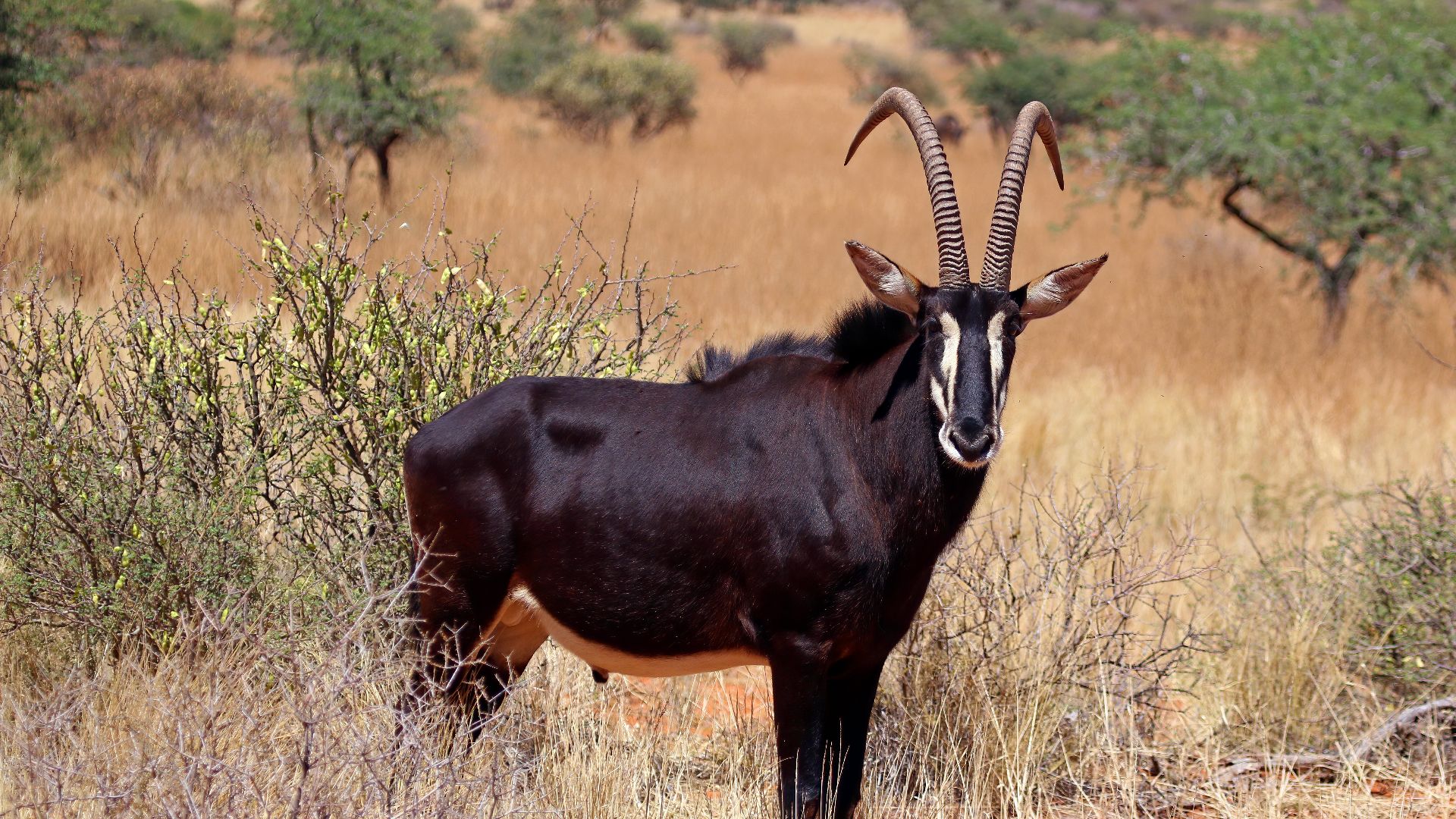 Charles J. Sharp, Wikimedia Commons
Charles J. Sharp, Wikimedia Commons
Food Rules And Taboos
Not every food is allowed. Some animals and plants are considered dangerous or unlucky, especially for kids. These “forbidden foods” are called kweri, and people only start eating them as they grow older.
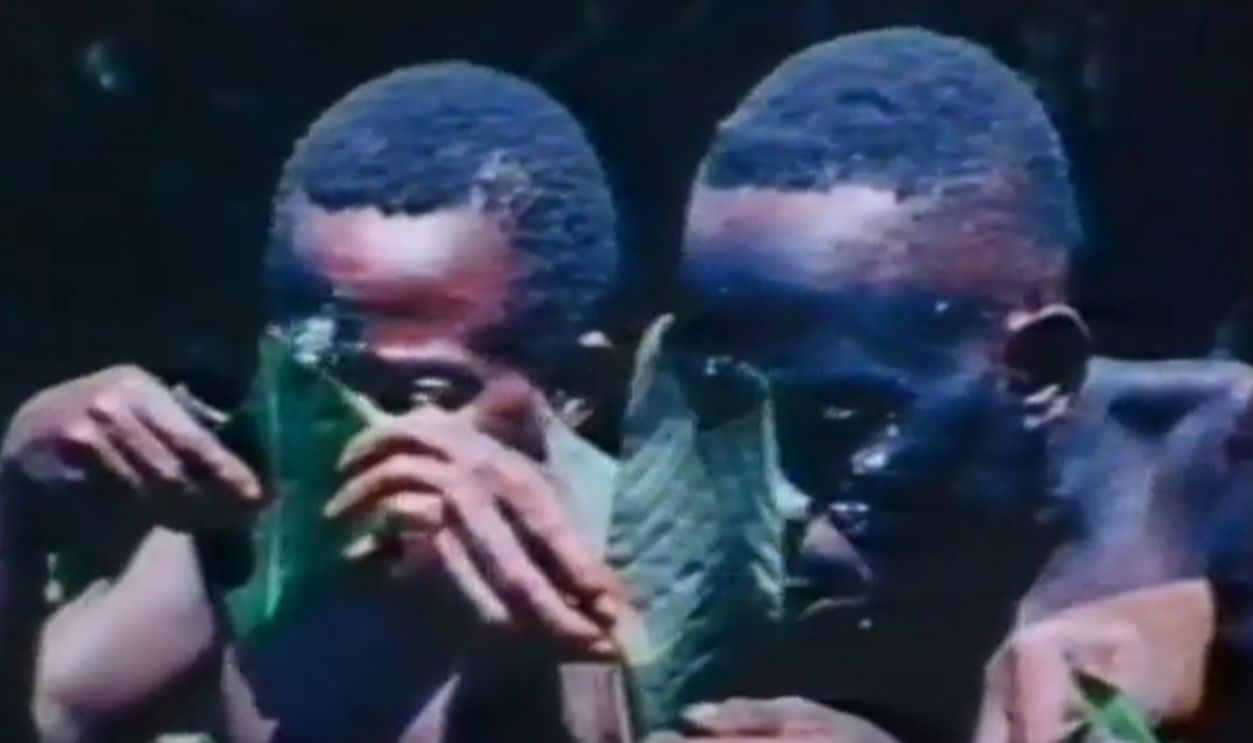 Mbuti Pygmies of the Rainforest, Michael Skinner
Mbuti Pygmies of the Rainforest, Michael Skinner
Hunting With Giant Nets
One of their most impressive techniques is net hunting. They stretch large nets through the forest, and then everyone—men, women, and kids—works together to drive animals into them. It’s not just about catching dinner; it’s a community event.
 Mbuti Pygmies of the Rainforest, Michael Skinner
Mbuti Pygmies of the Rainforest, Michael Skinner
Women Join The Hunt Too
In Mbuti culture, women aren’t left out of the hunt. They often take part in net hunting, helping herd animals into the traps. In fact, sometimes women do this type of hunting more often than men.
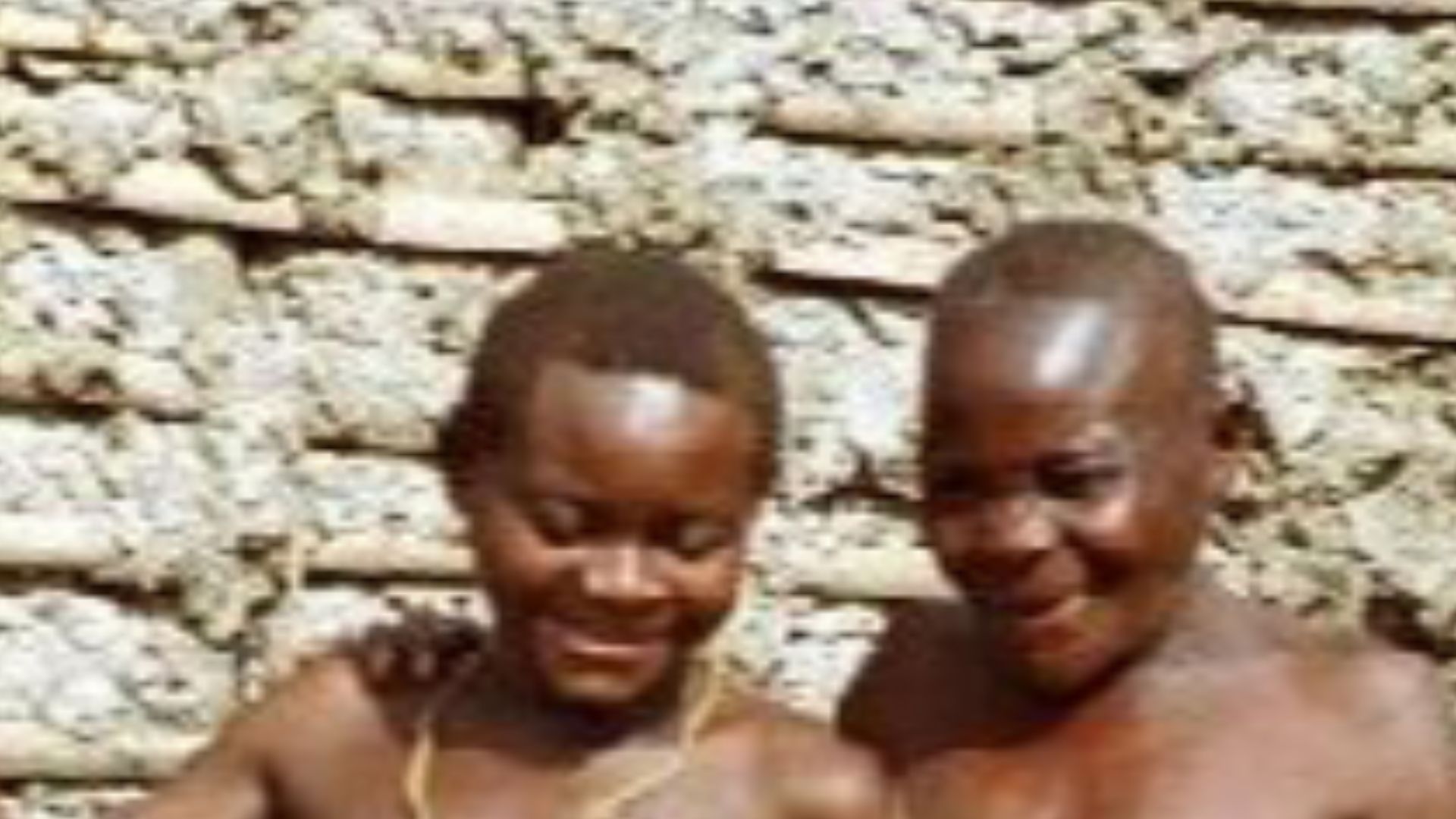 Виктор Пинчук, Wikimedia Commons
Виктор Пинчук, Wikimedia Commons
The Powerful Molimo Ritual
When something bad happens, like the death of a loved one, the Mbuti perform the molimo. This is a sacred ritual meant to “wake up” the forest, which they believe has fallen asleep if misfortune strikes. It’s loud, emotional, and deeply spiritual.
 The Religious Rituals of the Pygmies, Explora English
The Religious Rituals of the Pygmies, Explora English
The Molimo Trumpet
At the heart of the molimo ritual is a trumpet—sometimes made of wood, bamboo, or even a metal pipe. The sound is said to call the forest back to attention. For the Mbuti, the sound matters more than what the instrument is made of.
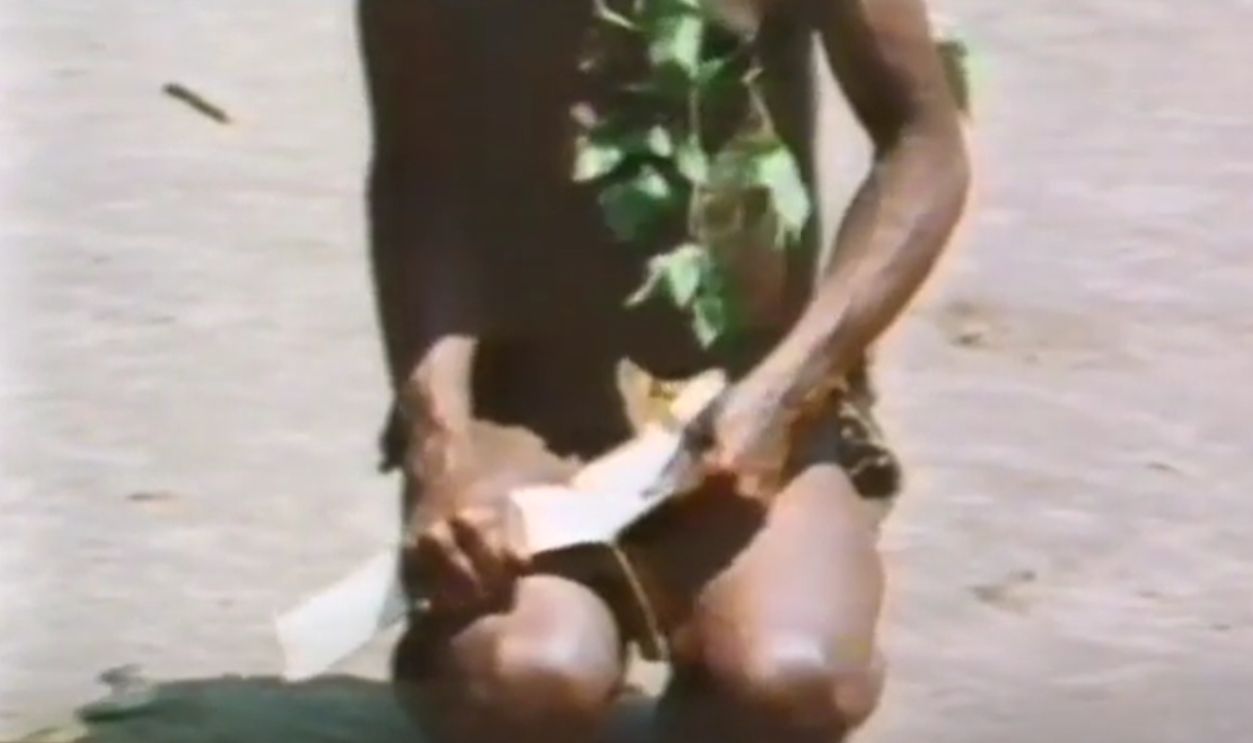 Mbuti Pygmies of the Rainforest, Michael Skinner
Mbuti Pygmies of the Rainforest, Michael Skinner
Music That Connects Them To Nature
Singing isn’t just entertainment for the Mbuti—it’s a way of speaking to the forest. Their voices echo through the trees as a form of prayer, gratitude, and connection to the land.
 Mbuti Women Celebrating for International Day of the World's Indigenous Peoples, OkapiConservation
Mbuti Women Celebrating for International Day of the World's Indigenous Peoples, OkapiConservation
Stories Of A Living Forest
The Mbuti see the forest as alive and powerful. Their myths and beliefs all center on respecting it, honoring it, and fearing it when necessary. To them, the trees and rivers aren’t just scenery—they’re sacred beings.
 Mbuti Pygmies of the Rainforest, Michael Skinner
Mbuti Pygmies of the Rainforest, Michael Skinner
A World Without Chiefs
Unlike many societies, the Mbuti don’t have rulers or kings. Decisions are made together, with everyone—men and women—having a say. It’s a system built on equality and teamwork.
 Mbuti Pygmies of the Rainforest, Michael Skinner
Mbuti Pygmies of the Rainforest, Michael Skinner
Leaders By Skill
The only time someone really stands out is if they’re a great hunter. Good hunters often earn respect and influence. Still, even they aren’t above anyone else—it’s all about what you contribute.
 Mbuti Pygmies of the Rainforest, Michael Skinner
Mbuti Pygmies of the Rainforest, Michael Skinner
A Simple Marriage Tradition
Marriage in Mbuti culture is straightforward. Instead of a ceremony, a man proves he’s ready by presenting his bride’s family with an antelope he hunted on his own. Once that’s done, the couple is considered married.
 Mbuti Pygmies of the Rainforest, Michael Skinner
Mbuti Pygmies of the Rainforest, Michael Skinner
The Sister Exchange
Many marriages are arranged through “sister exchange,” where men from different groups trade sisters as brides. It may sound unusual, but it keeps alliances strong between different bands of Mbuti.
 Mbuti Pygmies of the Rainforest, Michael Skinner
Mbuti Pygmies of the Rainforest, Michael Skinner
The Harsh Side Of Rainforest Life
The rainforest isn’t always kind. Diseases spread quickly in the damp climate, and dangerous insects like tsetse flies carry deadly illnesses. Even food supplies can be wiped out by droughts or too much rain.
 Mbuti Pygmies of the Rainforest, Michael Skinner
Mbuti Pygmies of the Rainforest, Michael Skinner
Trading With Outsiders
Although they rely mostly on the forest, the Mbuti do trade with nearby villagers. They often swap meat and hides for tools, pots, and crops. It’s a simple barter system that helps them balance their way of life.
 Mbuti Pygmies of the Rainforest, Michael Skinner
Mbuti Pygmies of the Rainforest, Michael Skinner
Childhood In The Forest
Mbuti children grow up learning how to live off the land. From climbing trees for honey to helping drive animals into nets, kids are involved in survival from the start. It’s how they pass on forest wisdom.
 Mbuti Pygmies of the Rainforest, Michael Skinner
Mbuti Pygmies of the Rainforest, Michael Skinner
Threats From The Modern World
Sadly, the Mbuti’s way of life is under pressure. Deforestation, mining, and political unrest in the region threaten their survival. Restrictions on hunting also make it harder for them to feed their families.
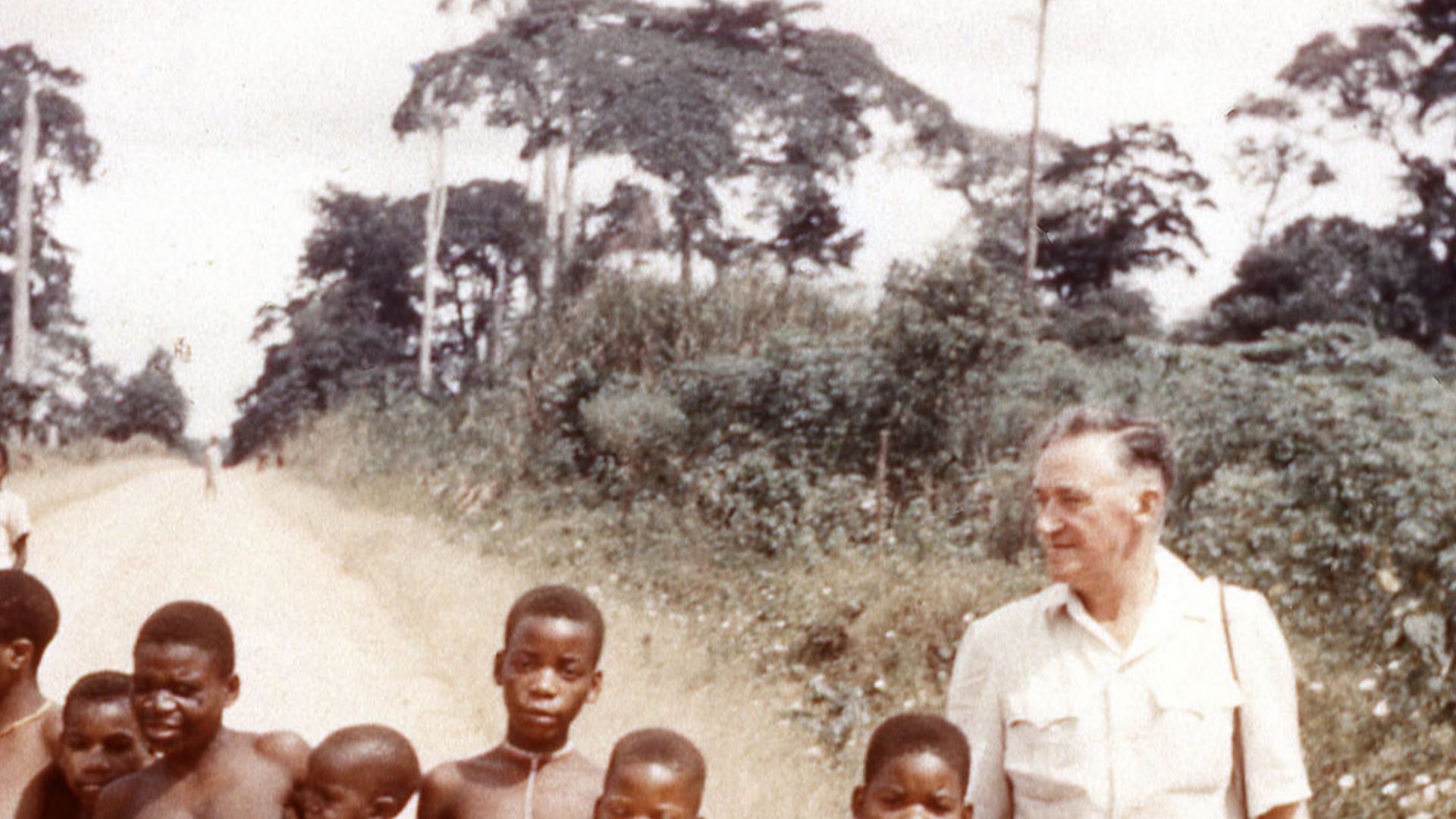 Jitze Couperus, Wikimedia Commons
Jitze Couperus, Wikimedia Commons
A People At Risk
Beyond environmental threats, the Mbuti have even faced violence and genocidal campaigns in recent history. Despite their peaceful way of life, they’ve been caught in conflicts they had nothing to do with.
 Mbuti Pygmies of the Rainforest, Michael Skinner
Mbuti Pygmies of the Rainforest, Michael Skinner
Guardians Of An Ancient Bond
Despite all the pressures to stray from their way of life, the Mbuti remains one of the last groups who live in and worship the forest. They keep their tradition alive, maintaining a connection to nature that many in the contemporary world have long left behind.
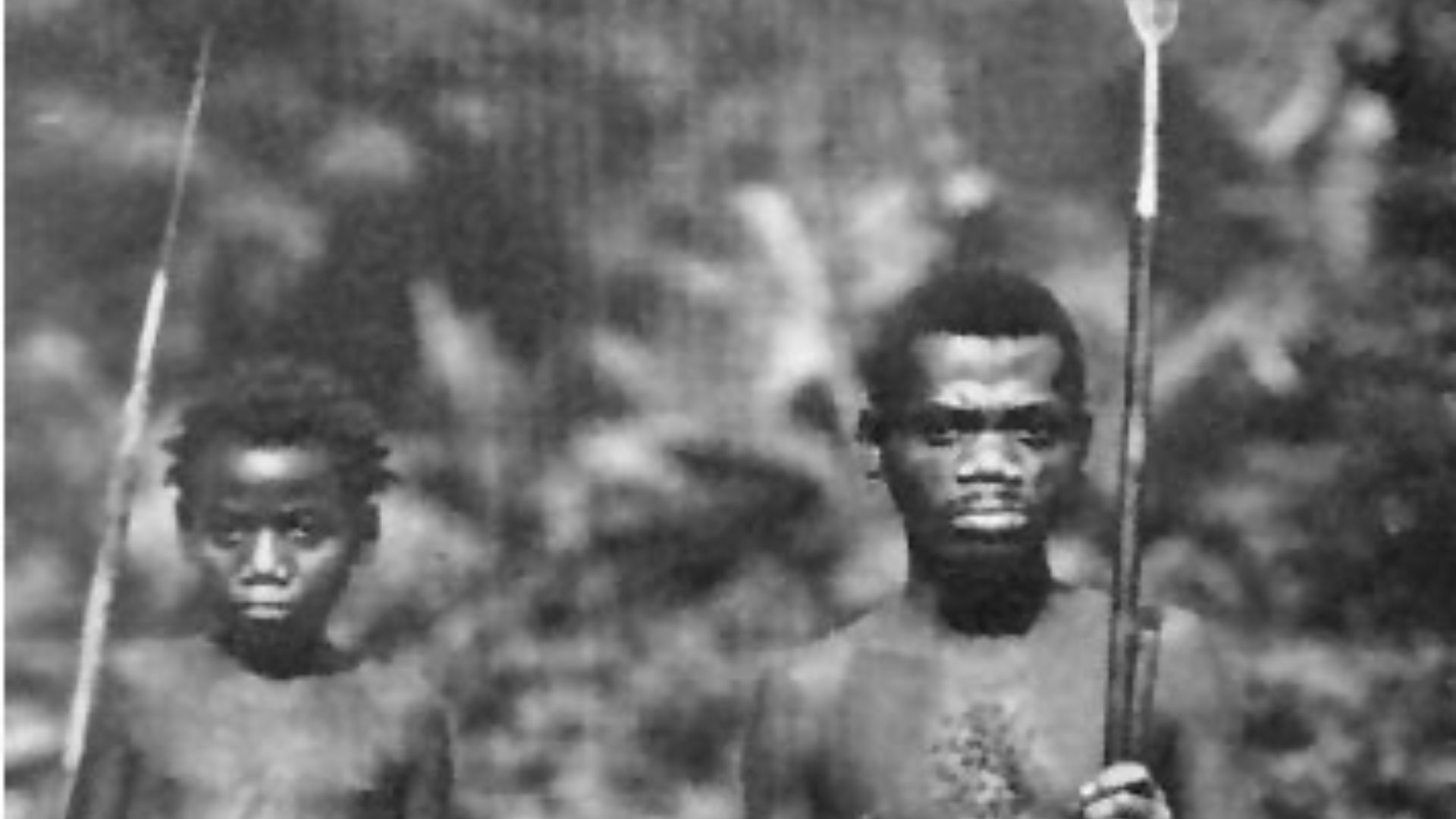 Unknown authorUnknown author, Wikimedia Commons
Unknown authorUnknown author, Wikimedia Commons
You May Also Like:
The Twisted Secret We Know About The Hindenburg Disaster
Source: 1

